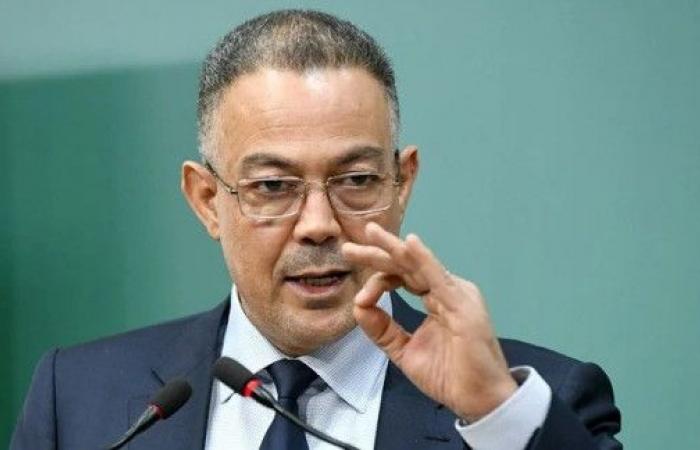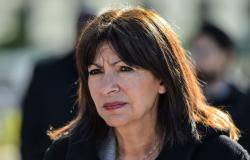The President of the Royal Moroccan Football Federation, Fouzi Lekjaa, called on Tuesday in Fez, all stakeholders in the spiritual capital to redouble their efforts and opt for horizontal coordination to successfully organize the 2030 World Cup.
Speaking at an extended meeting chaired by Interior Minister Abdelouafi Laftit, devoted to Morocco’s preparations for the 2030 World Cup, Fouzi Lekjaa indicated that the Kingdom’s organization of this global competition, alongside Spain and Portugal, is part of a calendar of global competitions hosted by Morocco, including the FIFA U-17 Women’s World Cup and the Africa Cup of Nations.
The official stressed that “this is a continuous process beyond 2030.”
He added that to address these challenges, it is imperative to redouble efforts and opt for all-out action, horizontal coordination and a global vision at the ministerial, sectoral and institutional levels, which must be translated into action at the local level.
In the same context, Mr. Lekjaa insisted on the need for the Fez-Meknes region as a whole, in particular the neighboring cities of Fez which have significant potential, to fully adhere to this major project, expressing the commitment and determination of the Moroccan organizing committee of the 2030 World Cup and the Federation to provide their support in order to win this challenge.
For his part, the wali of the Fez-Meknes region, governor of the Fez prefecture, Said Zniber emphasized the work done within the framework of these preparations in coordination with the Ministry of the Interior and the Federation.
He explained that the project developed by the wilaya covers nine components affecting several areas, including stadiums, transport and mobility, connectivity, accommodation, sustainable development, education and vocational training.
According to him, the aim is to translate into actions FIFA’s demands for a better organisation of this event.
For his part, the general director of the Regional Investment Center of Fez-Meknes, Yassine Tazi, reviewed the main points of the Fez offer in relation to FIFA requirements for the organization of the 2030 World Cup.
“Fez has a number of important assets that will enable it to attract a maximum number of spectators and supporters, whether it is its geographical positioning, its young and dynamic human capital, or its international reputation,” said Mr. Tazi, recalling that the spiritual capital of the Kingdom was voted the best cultural destination in the world by Tripadvisor in 2023.
Referring to the infrastructure aspect, Mr. Tazi said that the large stadium in the city of Fez is undergoing renovation, spread over two phases to meet the requirements of CAF for the 2025 CAN and of FIFA for the 2030 World Cup.
The renovation plan for the large stadium, which will have a capacity of 52,000 spectators, incorporates FIFA’s guiding principles, namely three security perimeters, no crossing of flows, specific and restricted access and FIFA spaces and equipment, he noted.
During this meeting, several speakers reiterated their determination to redouble their efforts and to mobilize all capacities and means to ensure a distinguished organization of this global event.
This meeting comes after the one held on May 2 at the headquarters of the Ministry of the Interior in Rabat as part of the intense preparations for the organization of the 2030 World Cup, in accordance with the Royal Vision and Will carrying a strong ambition to ensure a great success of this international event.






